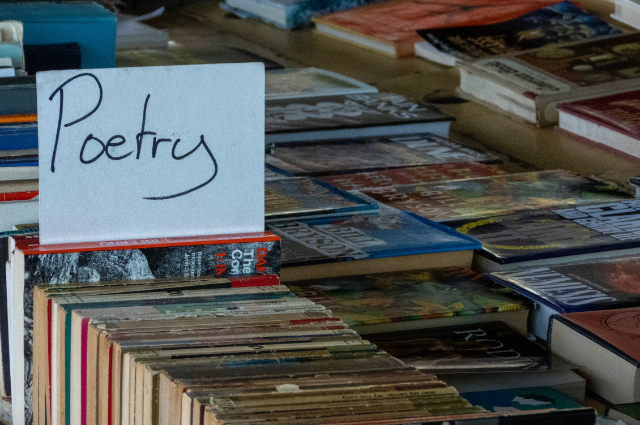
Photo by Nick Fewings on Unsplash
The source of the English term "poetry" is the Greek word "Poiein," which translates to "to create." Poetry is a type of art that is created in the same way that painting and music are. Poētria is the Latin term for this. Poetry may be traced back to the hunter-gatherer period. It has, in essence, existed from the dawn of time. It is more than simply six characters in English; it is like the ocean, which grows more beautiful the deeper you dig. A poem is more than just a few lines with some rhymes. Every phrase conceals hundreds of hidden feelings. Rhymes in poetry are not formed simply by matching a few words. they are feeling and one emotion is related to another, exactly as the rhymes of words in the poem.
Consider Lord Bryon's (George Gordan's) 1817 Scottish song "so we'll go no more roaming." It's a poem written by a poet who had a scandalously wild adolescence as:
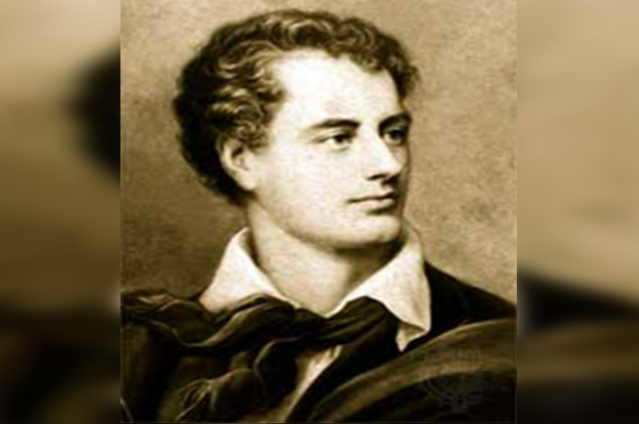
Image from Encyclopedia Britannica
So, we'll go no more a roving
So late into the night,
Though the heart be still as loving,
And the moon be still as bright.
The rhymes in the poem—Roving and Loving, Night and Bright—are more than just that. They are fatigued and anxious about aging, as well as the duties and obligations that come with it. It's difficult to say farewell to youth and the joy of life. The phrase "night" denotes much more than an overcast, gloomy sky, while the adjective "bright" denotes much more than the sun's rays.
The words in the poem are not what they appear to be. To further grasp this, consider some of Emily Dickinson's poetry. 'Hope' - The Thing with a Feather is her most well-known poem. It follows as:
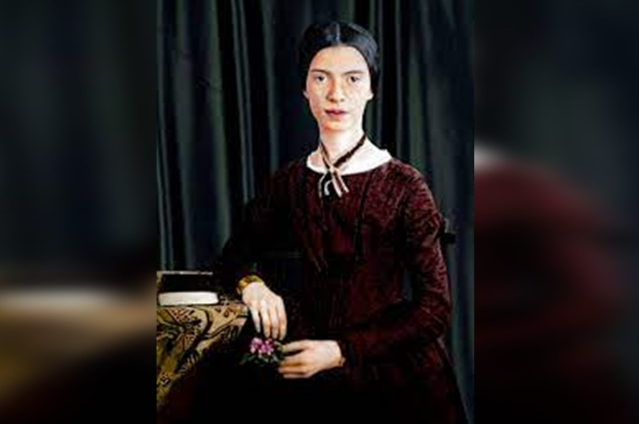
Image from Pin-interest
“Hope” is the thing with feathers -
That perches in the soul -
And sings the tune without the words -
And never stops - at all -
Hope is more than simply H-O-P-E in our world; it's also a bird that transports us into the future and a telescope that allows us to see into the future. Hope is the one thing that keeps us alive no matter what occurs. Hope is something that we will never lose; it gives us the strength to go on living for a few more years. The human person and hope are in a symbiotic connection. Hope is the only thing that keeps us alive in this poetry. More than simply wings are referred to by the term "feather." It is liberating to believe. Many people and their judgments dictate our lives; the only thing we can do with total freedom is hope.
"And never stops - at all" suggests that we never give up hope for brighter days, no matter what our current circumstances are. We will never stop, and we have never stopped. The flame keeps us alive.
Take note of how much more complicated the words are than in poetry and This is the beauty. we won't know how lovely the ocean is on the inside until we swim in it. Poetry is like that: we won't understand the sensations portrayed in words until we start feeling them and broaden our horizons. Poetry is much more than Poem.
Some people believe poetry is extremely difficult, while others believe it is extremely simple. The majority of people also believe that maturity is required to comprehend poetry, which is a completely incorrect assumption. Teens sometimes have more insight than adults. Many of us believe that a poet or writer must be serious, complex, and able to write in a room full of books.
Poets can also party at a club, and they like to date, even if they have a love life. Being a poet does not imply a person's ability to comprehend and comprehend everything. Even though many people are talented poets, they are unable to improve as people, while a regular man who does nothing but stays at home is far superior to anyone else in person. Again, just like a poem is more than a poem, a poet is more than a poet.
We can examine the life of Anne Sexton, who won the Pulitzer Prize for poetry in 1967 for her book Live or Die, to comprehend this expression that a poet is more than just a poet.
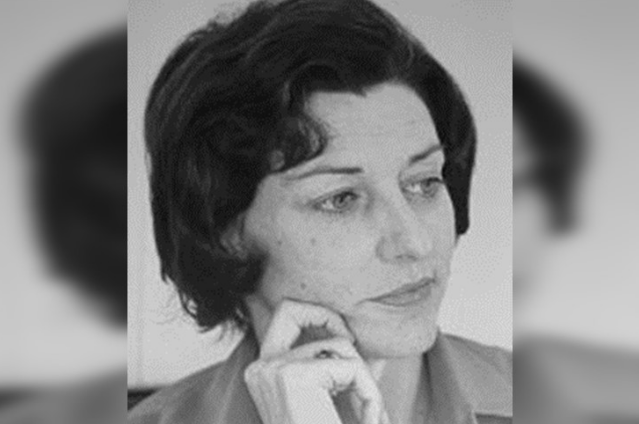
She is wonderful, but how about her private life? She is famous, and everything about her was perfect, but what about her relationships? Her poetry details her long battle with depression, suicidal tendencies, and intimate details from her private life, including relationships with her husband and children, whom it was later alleged she physically and sexually assaulted.
She is a woman, a feminist, and a victim of domestic violence in addition to being a poet. She is more than just "Live or die." She is much more than what we know about her and the same as her poems. Again, we can understand the lesson of true emotions behind her every line in her poem. At the age of 46, she made a suicide attempt. why? why did she do that? She won the largest prize, so why is she famous? The response is that her life is much more than just a collection of books.
When there is too much going on in their lives and no one listens to them, people become poets. They begin to write down how they feel. Here, everyone is a poet; we all have issues, feelings, pain, and stories. Like a single rhyming word to any other rhyming word, one hurt emotion resulted in excessive pain. To become a poet, we do not require a tag. A pen, some paper, and some feelings are all that is required. Poetry is in the air. It is everywhere, like oxygen, and we encountered numerous poets every day.
To write a poem, you don't have to be very good at Language; even a few simple words can have a profound impact on a reader if they are true. This is clear from Nezam Hikmet's poem "things I didn't know I loved,"
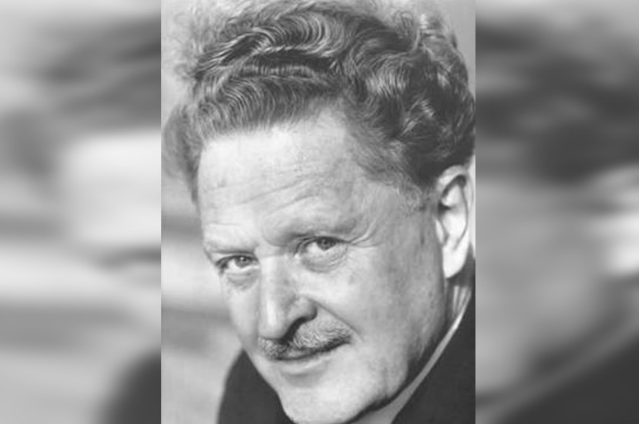
which is a straightforward poem written from the perspective of a recently released prisoner. A train window offers a view of a recently freed man. He realizes while he is on the road that he has forgotten so many wonderful things about the world. A few lines taken from the poem are as follows:
I’m sitting by the window on the Prague-Berlin train
night is falling. I never knew I liked~ I didn’t know I loved flowers~
I didn’t know I liked snow
I never knew I loved the sun
Even when setting cherry-red as now
These are such simple words. However, they inform us of the significance of our freedom. How fortunate we are to be able to see the sun and moon every day and to feel the rain on our skin. The words are much more than the poem says they are. Children today believe that their parents are restricting their freedom by not letting them hang out with their friends. However, they are unaware of how fortunate they are to be able to observe the changes in the environment and the passage of time. Simply inquire about the items' value from the prisoner in the poem. Words like Snow, Sun, and Flowers are more than what they are. At last, poetry is much more than Poem.
